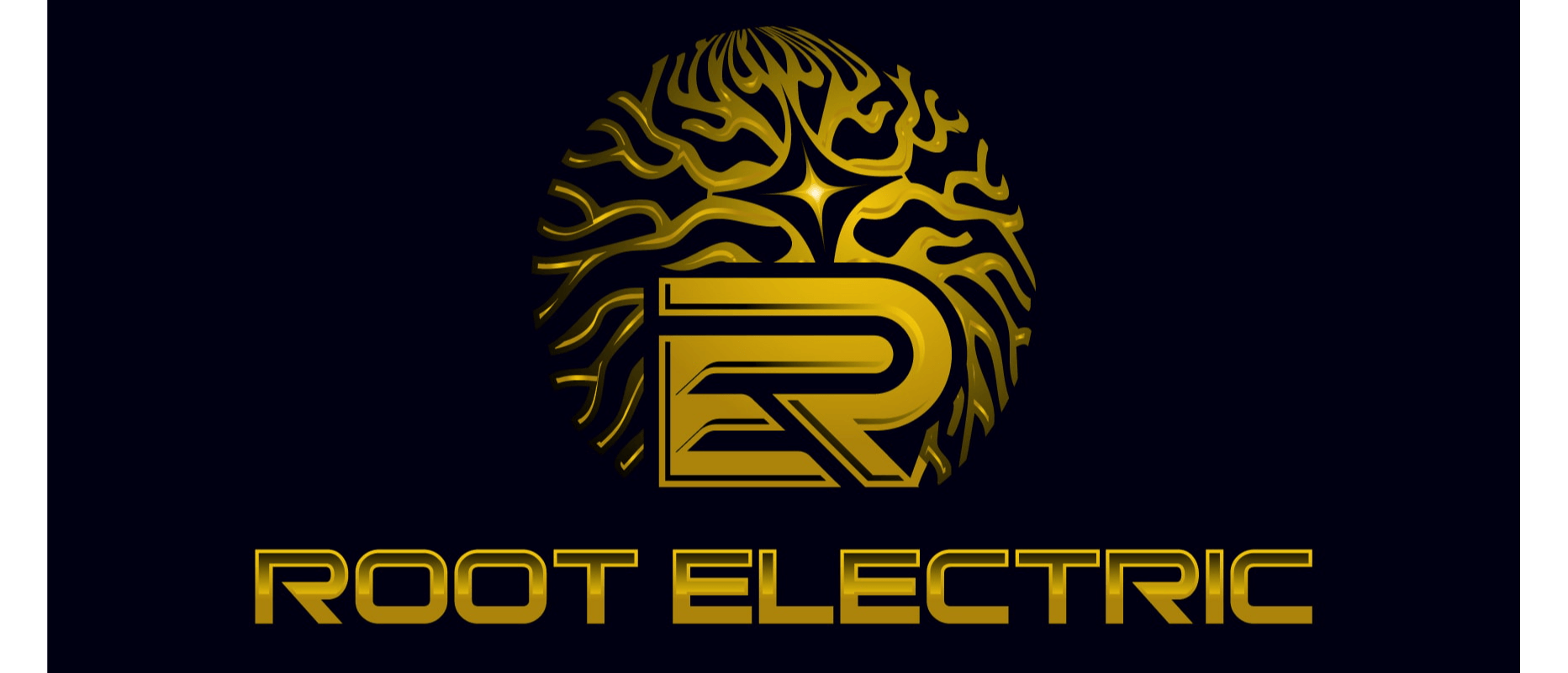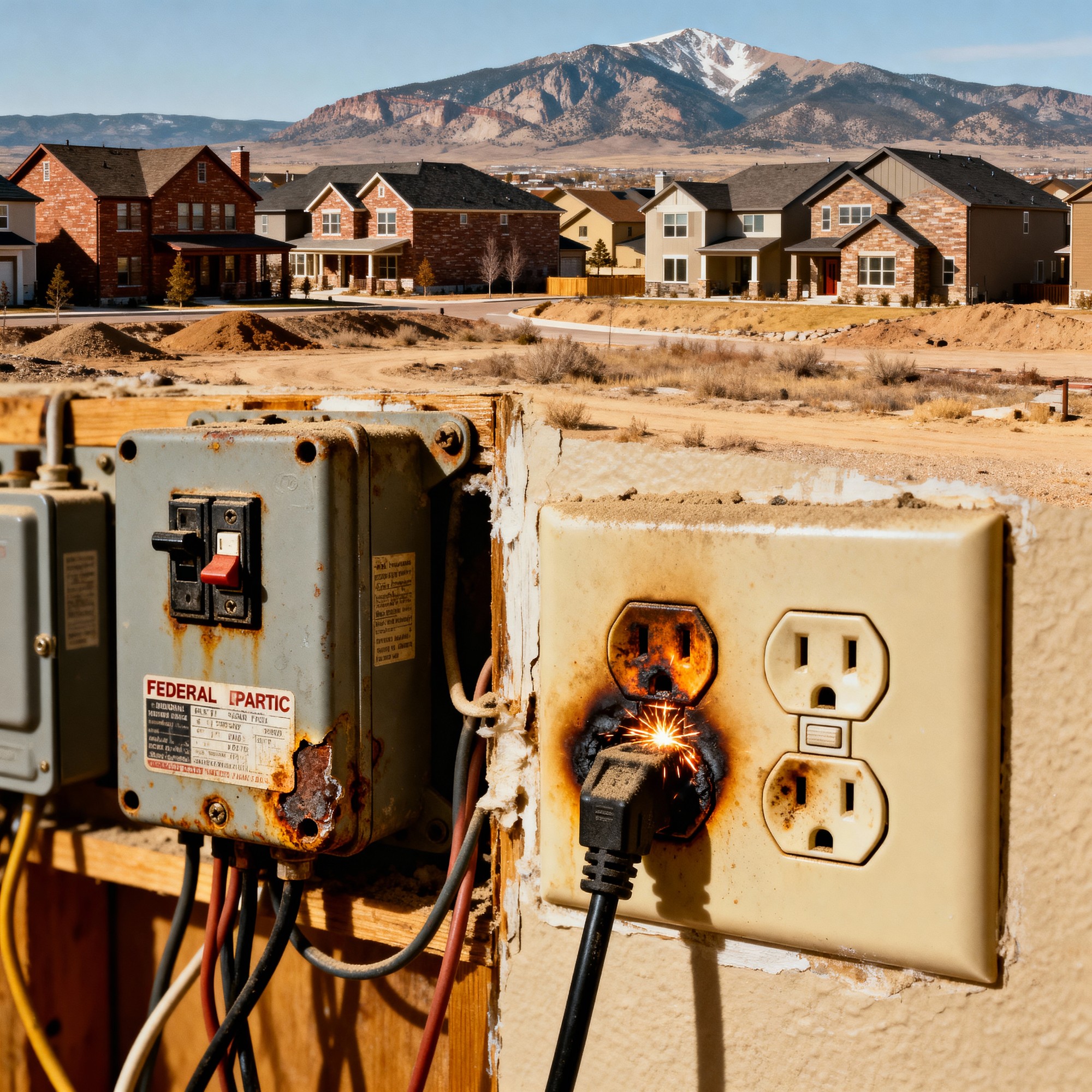Castle Rock's diverse housing landscape, from historic properties to modern developments, presents unique electrical challenges that homeowners must navigate. The combination of Colorado's dry climate, temperature fluctuations, and aging infrastructure creates specific repair needs that differ from other regions. Recognizing these common electrical issues early can prevent costly damage and ensure your family's safety.
Circuit Breaker Problems and Panel Issues
Circuit breaker malfunctions rank among the most frequent electrical repairs in Castle Rock homes. These protective devices can fail due to several factors, including age, overloading, and environmental conditions. When circuit breakers trip repeatedly, it often indicates underlying electrical problems that require immediate attention.
Older Castle Rock homes, particularly those built before 1990, may still have outdated electrical panels that struggle to meet modern power demands. Federal Pacific Electric panels and Zinsco panels, common in homes from the 1960s through 1980s, are known for safety issues and should be replaced immediately. These panels may not trip properly during electrical faults, creating serious fire hazards.
Signs of circuit breaker problems include frequent tripping, burning smells near the electrical panel, visible corrosion or rust, and panels that feel warm to the touch. Homeowners should never attempt to repair electrical panels themselves, as this work requires specialized knowledge and poses significant safety risks.
Outlet Replacements and GFCI Installations
Electrical outlets experience heavy daily use and eventually require replacement or upgrading. Castle Rock homes often need outlet repairs due to loose connections, worn-out receptacles, or the need to upgrade to GFCI (Ground Fault Circuit Interrupter) outlets in specific locations.
Modern electrical codes require GFCI outlets in bathrooms, kitchens, garages, basements, and outdoor areas. Many older Castle Rock homes lack adequate GFCI protection, creating safety hazards in areas where water and electricity may interact. GFCI outlets detect electrical imbalances and shut off power within milliseconds, preventing potentially fatal electrical shocks.
Common outlet problems include loose plugs that fall out easily, outlets that don't hold plugs securely, sparking when plugs are inserted or removed, and outlets that feel warm or show scorch marks. These issues often stem from worn internal components, loose wire connections, or overloaded circuits.
USB outlets have become increasingly popular in Castle Rock homes, allowing residents to charge devices without bulky adapters. Replacing standard outlets with USB-equipped versions requires proper installation to ensure safe operation and code compliance.
Wiring Updates for Older Properties
Castle Rock's established neighborhoods contain many homes with outdated wiring systems that require comprehensive updates. Homes built before 1970 may still have knob-and-tube wiring or early aluminum wiring, both of which pose significant safety risks and may not meet current electrical codes.
Knob-and-tube wiring, common in homes built before 1950, lacks proper grounding and cannot safely handle modern electrical loads. This antiquated system uses ceramic knobs and tubes to route wiring through walls and ceilings, but the insulation deteriorates over time, creating fire hazards.
Aluminum wiring, installed in many homes during the 1960s and early 1970s, expands and contracts more than copper wiring, leading to loose connections and potential fire risks. Homes with aluminum wiring require special attention and often need complete rewiring or specialized connectors to ensure safety.
Signs that indicate wiring updates are needed include flickering lights, frequent circuit breaker trips, mild electrical shocks from appliances, burning smells without an identifiable source, and discolored or warm outlet covers. Additionally, if your home's electrical system cannot support modern appliances and electronics, a wiring upgrade may be necessary.
Light Switch and Fixture Repairs
Light switches and fixtures require regular maintenance and occasional replacement due to normal wear and tear. Castle Rock homeowners commonly experience issues with dimmer switches, three-way switches, and outdoor lighting fixtures exposed to Colorado's variable weather conditions.
Dimmer switches may buzz, flicker, or fail to properly control light levels. These problems often result from incompatible bulb types, overloaded circuits, or worn internal components. LED bulbs require specific dimmer switches designed for their low power consumption, and using incompatible dimmers can cause performance issues.
Three-way switches, which control lights from multiple locations, can be particularly troublesome when they malfunction. These switches require precise wiring, and DIY repairs often result in improper connections that pose safety hazards.
Outdoor lighting fixtures face unique challenges in Castle Rock's climate, including UV exposure, temperature fluctuations, and occasional severe weather. These conditions can cause fixture components to deteriorate, leading to water infiltration and electrical failures.
Electrical Safety Concerns in Castle Rock Homes
Castle Rock's elevation and dry climate create specific electrical safety considerations that homeowners must address. Low humidity levels can increase static electricity buildup, while temperature variations cause electrical components to expand and contract, potentially loosening connections over time.
Ground fault protection becomes especially important in Castle Rock homes due to the area's soil conditions and potential for moisture infiltration during spring snowmelt. Proper grounding systems protect against electrical faults and ensure safe operation of electrical systems.
Arc fault circuit interrupters (AFCIs) are required in most living areas of newer homes and provide protection against electrical arcs that can cause fires. Many older Castle Rock homes lack this protection and benefit from AFCI installation during electrical updates.
Preventive Maintenance and Professional Inspections
Regular electrical maintenance helps prevent many common repair issues in Castle Rock homes. Homeowners should schedule professional electrical inspections every few years, especially in older properties or homes that have experienced electrical problems.
Professional electricians can identify potential issues before they become serious problems, such as loose connections, overloaded circuits, or deteriorating components. These inspections are particularly valuable when buying or selling a home, as they provide comprehensive assessments of the electrical system's condition and safety.
Simple maintenance tasks that homeowners can perform include testing GFCI outlets monthly, checking for loose outlet covers or switch plates, and monitoring electrical panels for signs of problems. However, any actual repairs should be left to qualified professionals.
When to Call Professional Electricians
While some electrical issues may seem minor, most electrical repairs require professional expertise to ensure safety and code compliance. Castle Rock homeowners should contact licensed electricians for any electrical work beyond basic maintenance tasks.
Emergency situations that require immediate professional attention include sparking outlets or switches, burning smells from electrical components, electrical shocks from appliances or fixtures, and any situation where electrical safety is questionable.
Professional electricians bring specialized knowledge of local electrical codes, safety procedures, and proper repair techniques. They also carry appropriate insurance and licensing, protecting homeowners from liability arising from improper electrical work.
Choosing qualified electrical contractors ensures that repairs meet current safety standards and local code requirements. Professional work also typically includes warranties that protect homeowners' investments and provide peace of mind.
Understanding these common electrical repair needs helps Castle Rock homeowners maintain safe, functional electrical systems while protecting their properties and families from electrical hazards.


